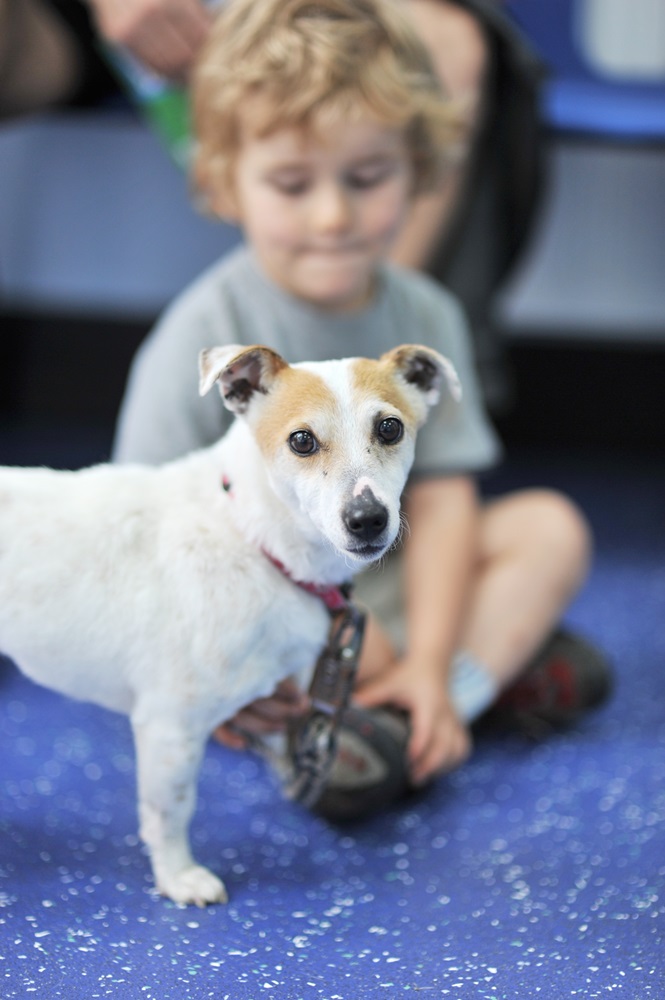
Microchipping your pet is an important part of keeping them safe.
Microchipping will be a legal requirement for all dogs in the UK by 6th April 2016, as per a recent announcement from the government. It is therefore essential that dog owners in particular have their dog microchipped, but other pets should also be considered.
In light of national microchipping month, we want to recommend that all pet owners consider getting their pet’s microchipped, including cats and rabbits.
Why You Should Be Microchipping Your Pet
Microchipping your pet means they can be traced if they go missing. It’s a procedure all pet owners should consider, particularly if your pet goes outside a lot, like a dog or a cat. Microchipping can be done to lots of different animals including dogs, cats, horses, ferrets and most other mammals.
Other benefits of microchipping include:
- Deters dog theft
- Easy to identify owners of injured animals so they can be contacted quickly
- Enables the quick return of lost pets to their homes
- Prevents ownership disputes
Vets, most rehoming centres and local authorities have scanners that read microchips so they can reunite you with your pet should they go missing. Don’t forget to keep your contact details up to date with the national database as you change them.
As things stand, microchipping your dog is due to become a legal requirement within the next two years so if your’s isn’t chipped, you should have it done as soon as possible.
The Microchipping Procedure
Microchipping your pet is a very simple procedure and no anaesthetic is required.
The microchip itself is the size of a grain of rice. It is implanted into the skin between your pet’s shoulder blades using a sterile needle.
It contains an individual number which is then logged on a national database along with your name, address and contact details.
Care Procedure for Microchipped Pets
The microchipping process is very simple and as such shouldn’t require any specific aftercare. If you are concerned your pet may be experiencing any adverse after effects, contact your local vet.
Also, it’s a really good idea to ask your vet to regularly check the microchip is working properly – at the pet’s annual vaccination is a good idea. The chips can sometimes move or very occasionally not read in which case a new microchip would be needed.
Where to get your pet microchipped
Your local vet will be able to microchip your pet for you or point you in the direction of someone who can.
Here at Calder Vets, we offer microchipping services for a range of animals. To find out more, call us on 01924 465 592, use our online contact form to get in touch or visit the Our Branches section of our website for a full list of our veterinary practices in Yorkshire.


News